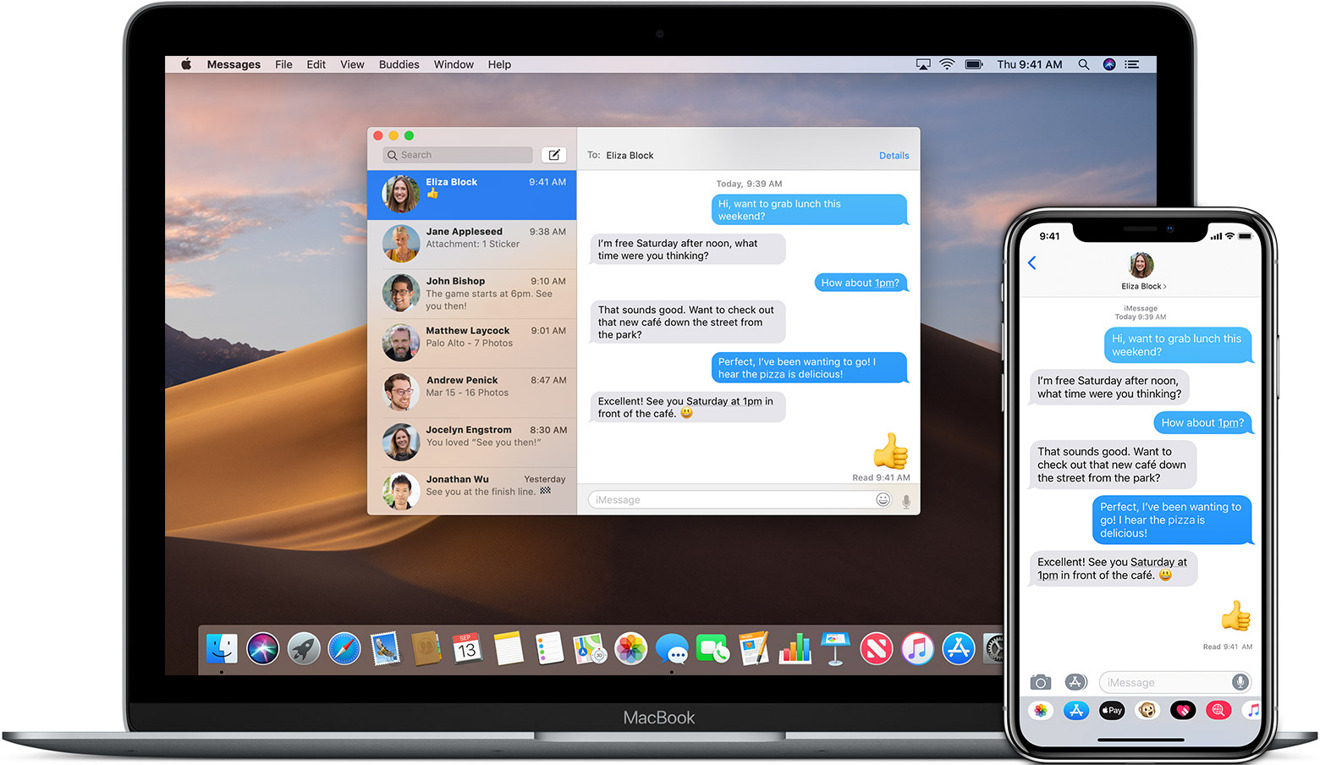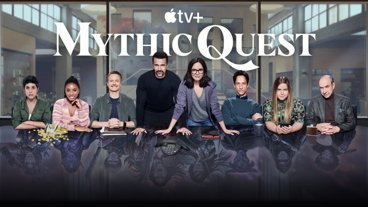We round up all the iOS 14, macOS 10.16 and watchOS 7 leaks, discuss the spread and ramifications of the Coronavirus, plus Ming-Chi Kuo moves up the release of ARM Macs and new keyboards, on the AppleInsider podcast.
Numerous iOS 14, macOS 10.16 and watchOS 7 leaks came out this past week, including many feature additions to Messages. From cutting down group notifications by only getting notified when you're mentioned by name, to the ability to retract a message after being sent, we discuss the features we're most excited about.
Also, Apple Watch may become more useful for parents as there are rumors of "watchOS 7" updates that would allow parents to set up a child's Watch without requiring a standalone iPhone. Plus blood oxygen detection may be coming to the Apple Watch "Series 6," as may the ability to share your watch faces with friends.
We also cover the now-pandemic Coronavirus (Covid-19) and the steps Apple is taking to reduce the spread and severity of the disease.
Ming-Chi Kuo has updated the released timeline of ARM-based Macs and new MacBooks with scissor-switch keyboards to the end of this year.
We'd love to hear your feedback. Tweet at Stephen Robles and William Gallagher, or email us here. Find us in your favorite podcast player by searching for "AppleInsider" and support the show by leaving a 5-Star rating and comment in Apple Podcasts here.
Sponsored by:
- Masterclass - Get 15% off an annual all-access pass.
iOS, macOS, watchOS Leaks
- iOS 14, macOS 10.16 may have big upgrades to Messages
- watchOS 7, tvOS 14, iOS 14 could debut new workout demonstration app
- PencilKit in iPadOS 14 will allow OCR text translation in almost any app
- Triple-camera iPad Pro, iPhone SE 2' Touch ID, HomeKit improvements appear in iOS 14' leaks
- Siri voices could be customizable by developers in iOS 14
- Apple Watch Series 6,' watchOS 7' may have shareable faces, kid modes
Coronavirus Updates
- How to work from home during the coronavirus outbreak
- White House enlists Apple, tech companies in fight against coronavirus pandemic
- Apple closes all stores in Italy amid coronavirus quarantine
- Apple Stores taking more measures to prevent the spread of coronavirus
- Apple talking to White House on Wednesday about coronavirus
- AAPL bleeds record $97B in valuation over weekend
- Apple cancels Today at Apple' sessions in US coronavirus hotspots
- Irish Apple HQ employee contracts coronavirus
- Apple expands store closures in Italy amid coronavirus fears
- Apple to give retail, hourly workers with coronavirus symptoms unlimited sick leave
Ming-Chi Kuo Rumors and ARM Macs
- New MacBook Pro, MacBook Air with scissor switch keyboard coming in second quarter
- First ARM-based MacBook coming by end of 2020, says Ming-Chi Kuo
Those interested in sponsoring the show can reach out to us at: advertising@appleinsider.com
 Stephen Robles
Stephen Robles


 Andrew O'Hara
Andrew O'Hara
 Wesley Hilliard
Wesley Hilliard

 Malcolm Owen
Malcolm Owen
 Marko Zivkovic
Marko Zivkovic

 Chip Loder
Chip Loder
 Christine McKee
Christine McKee




-m.jpg)




1 Comment
little thing while listening to the podcast, the bit about an "ocr for text written in longhand through Pencil" and the immediate reminiscing about the Newton.
I remember the Newton, though I didn't have one myself; but what I remember was that its handwriting recognition worked *perfectly* for me, despite my handwriting always being, truly, truly, awful.
The epiphany came talking to a friend from Taiwan, talking about writing chinese characters. *stroke order* is critically important when learning to write these characters. And I realised... although my handwriting had even by that point degenerated into an awful scrawl (it was *never* good, much worse now), I had nevertheless learned how to do it using a classic cursive handwriting method, which meant my *stroke order* - that is, the order and direction in which you draw the various lines and curves of each letter, and the joins between them - was completely classical, completely orthogonal, and the Newton's handwriting algorithms just loved me. (And i never reciprocated: I was never rich enough back then to buy one.)
But it's not what your handwriting *looks* like, it's how you draw it, as an event that transpires over time.